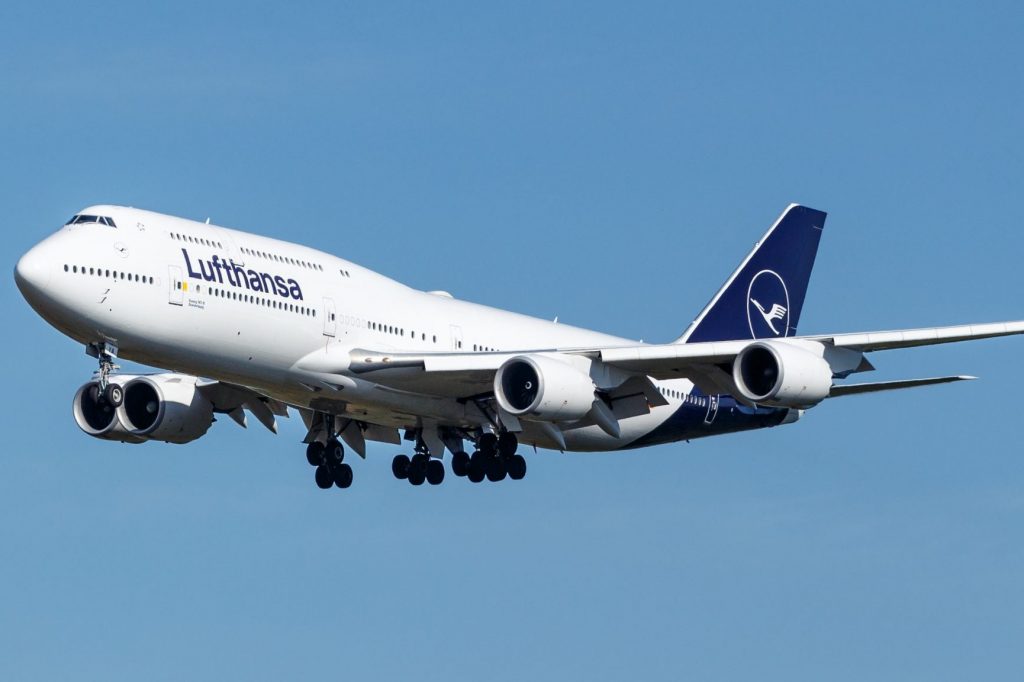The Lufthansa Group has lowered its financial forecast for the year due to a series of strikes that impacted its operations, resulting in a loss of around 2.2 billion euros in adjusted earnings before interest and taxes. The strikes cost the company 350 million euros during the first quarter, leading to an adjusted EBIT loss of 849 million euros. Despite settling wage disputes, the company anticipates a negative impact of 100 million euros in the second quarter and expects second-quarter capacity to be lower than initially expected due to aircraft delivery delays.
The ongoing strikes among labor groups within the Lufthansa Group have caused disruptions and cancellations of flights across its different airlines, including Lufthansa, Swiss, Austrian Airlines, Brussels Airlines, and Eurowings. These strikes were over issues regarding pay and working conditions. The company had to cancel up to 1,000 flights a day, leading to significant financial losses. However, bookings for the summer are within expectations, with an adjusted free cash flow of 305 million euros reported. Supply chain issues have also affected the airline industry, causing delays in aircraft deliveries.
The potential for wider conflict in the Middle East poses further risks to Lufthansa’s financial outlook for the year. Recent tensions in the region, including Iran launching drones at Israel and Israel retaliating, have led to canceled flights and route changes for airlines. Lufthansa had already canceled flights to Tehran after learning of Iran’s plans to attack Israel. The uncertainty surrounding the situation in the Middle East and geopolitical risks could impact the company’s financial performance in the coming months.
The performance of the airline sector stocks within the ST200, a global index of travel companies, has been affected by the challenges faced by companies like Lufthansa. The index includes network carriers, low-cost carriers, and other related companies in the travel industry. The financial performance of nearly 200 travel companies is aggregated into a single number, providing insight into the overall health of the sector. The ongoing disruptions from strikes, supply chain issues, and geopolitical tensions in the Middle East have contributed to the volatility in the airline sector stock index.
Despite the challenges faced by the airline industry, Lufthansa remains cautiously optimistic about its future performance. The company has settled wage disputes, is managing summer bookings well, and has reported an adjusted free cash flow. However, uncertainties surrounding potential conflicts in the Middle East, as well as ongoing supply chain issues affecting aircraft deliveries, continue to pose risks. The airline sector stock index reflects the overall challenges and opportunities present in the travel industry as companies navigate through a volatile and evolving global landscape. Investors and industry analysts will continue to monitor the performance of companies like Lufthansa as they adapt to changing market conditions.


